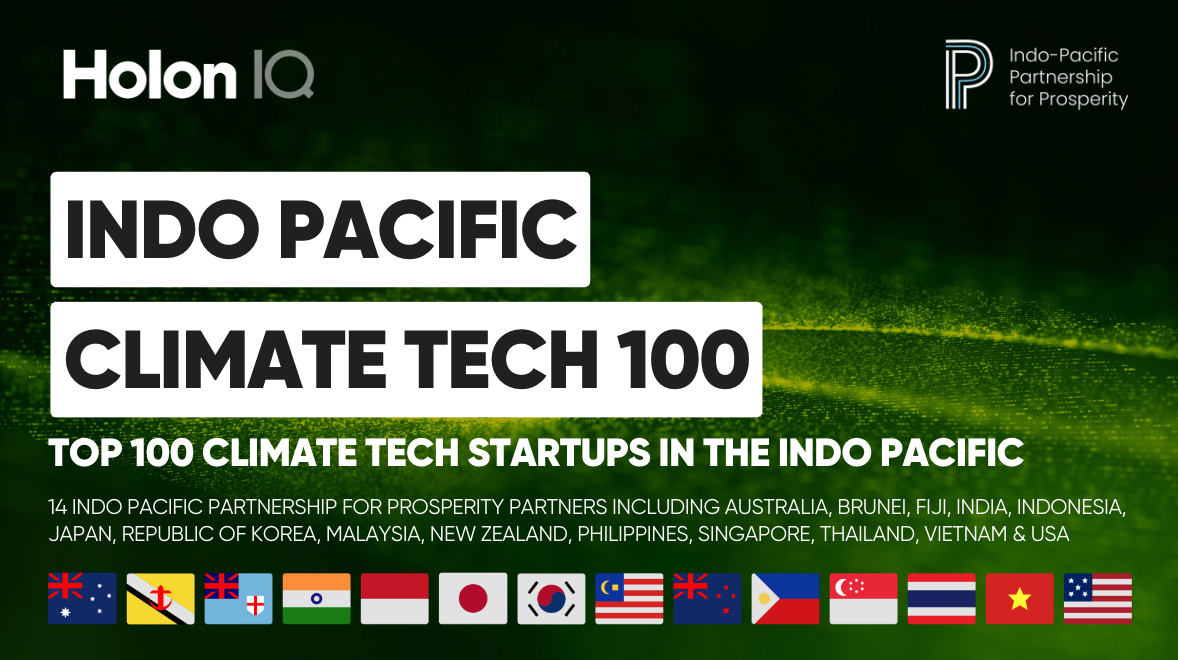Higher Education, like the broader economy, is awkwardly emerging from an almost exclusively digital, isolated and stimulus fuelled environment into... well it's not clear yet. University Partnerships continued to be established at pace through Q1 2022, albeit at a much slower rate than through 2021.
Universities around the world face a variety of challenges based on context – differing demographic enrolment trends, labor markets, politics, funding and regulatory environments. However, based on our most recent Higher Education Network survey, one challenge that remains consistent globally and is rising above everything else at the moment is the significant challenge of Digital Transformation.
With this backdrop, it is perhaps no surprise that in 2021 over 340 new University Partnerships were established with OPMs to accelerate online programs and over 200 new University Partnerships were established with Bootcamps to offer accelerated digital skills. Straddling the COVID transition, Universities also established nearly 50 new International Education pathways partnerships in 2021 in preparation for a return to international travel and an anticipated/hopeful international student boom born out of pent-up demand.
Based on the momentum of 2021, 2022 looked to potentially deliver anywhere between 800 to 1000 new University Partnerships if demand continued on-trend. However, as we have seen in many other industries now, the Q1 2022 data is revealing 2021 as a one-off surge within a broader long-term but still positive growth environment.
We see this moderation in growth as a healthy development, representing a moment in time where Universities (prompted by a gradual re-opening of face to face learning) are reflecting on their long term strategy around digital transformation and new product offerings, whilst their OPM and Bootcamp partners consolidate on a very strong period of partnership growth and look to double down with their current partners on scaling existing programs and developing new innovative offerings together.












.png)






